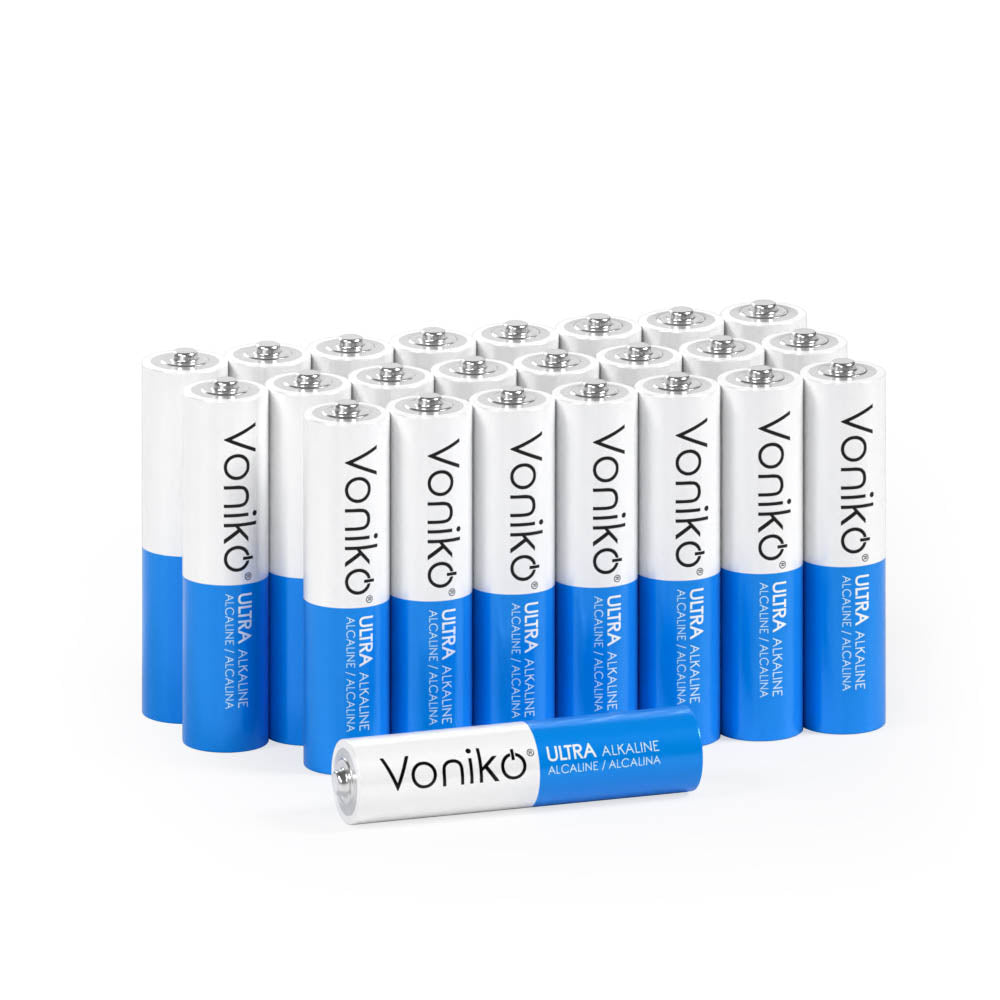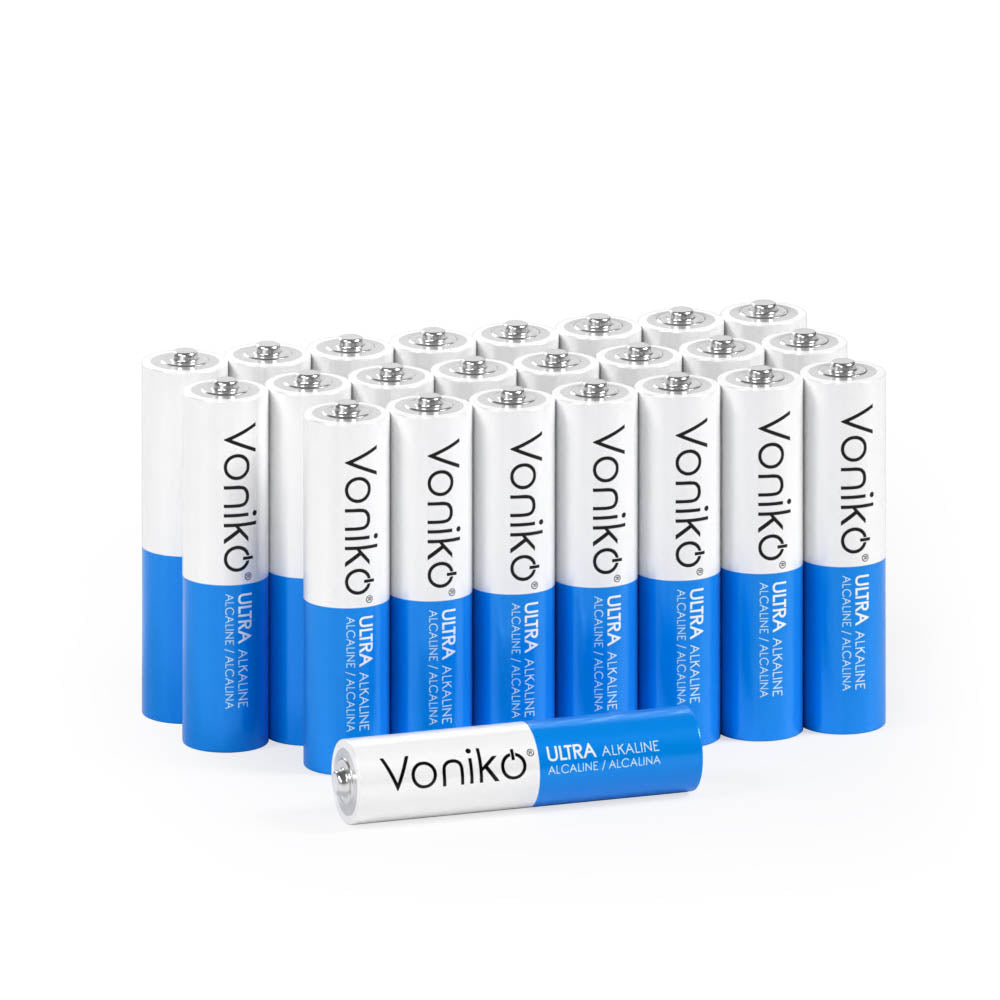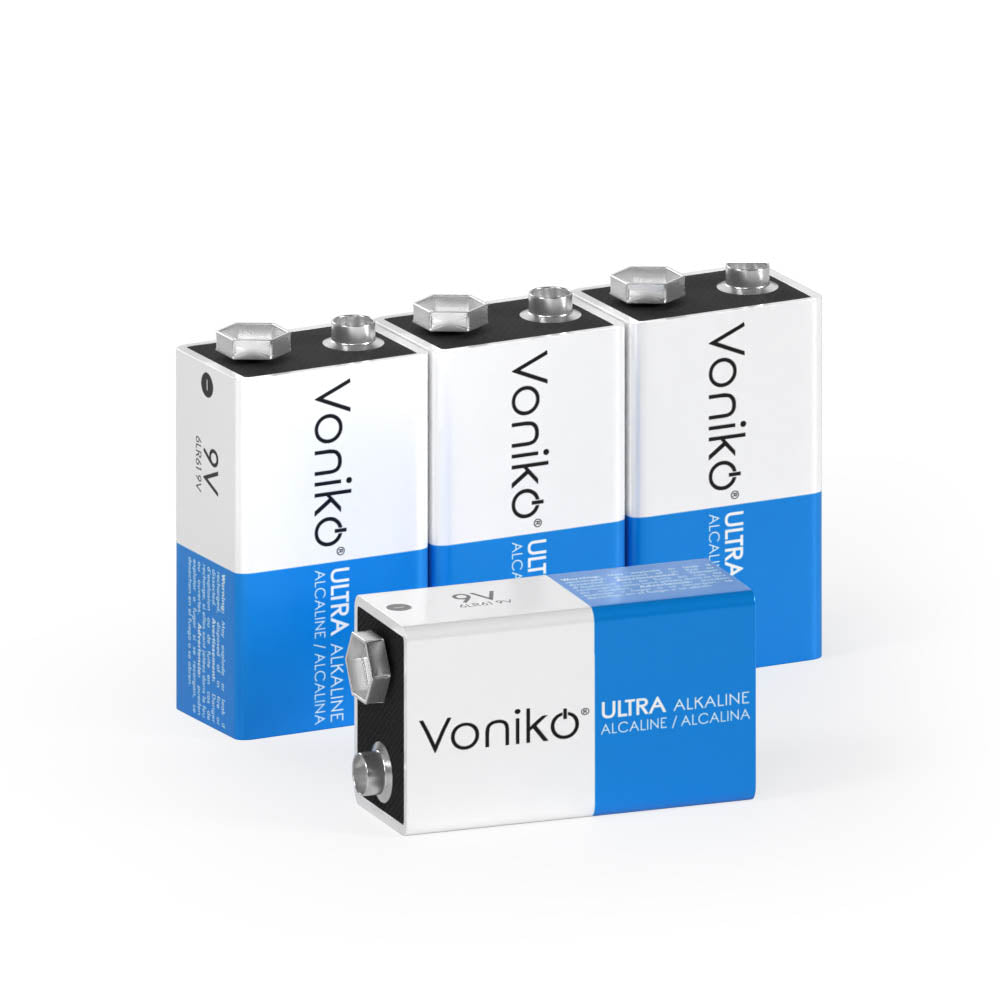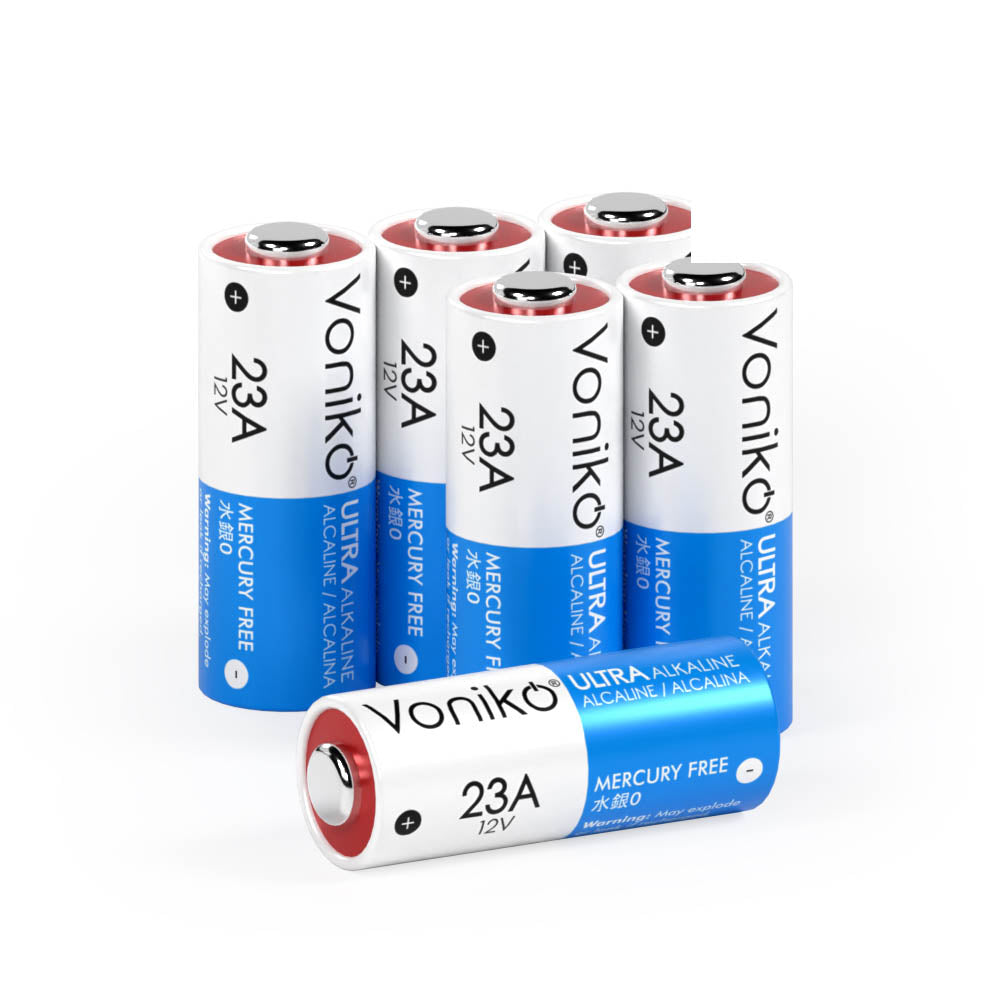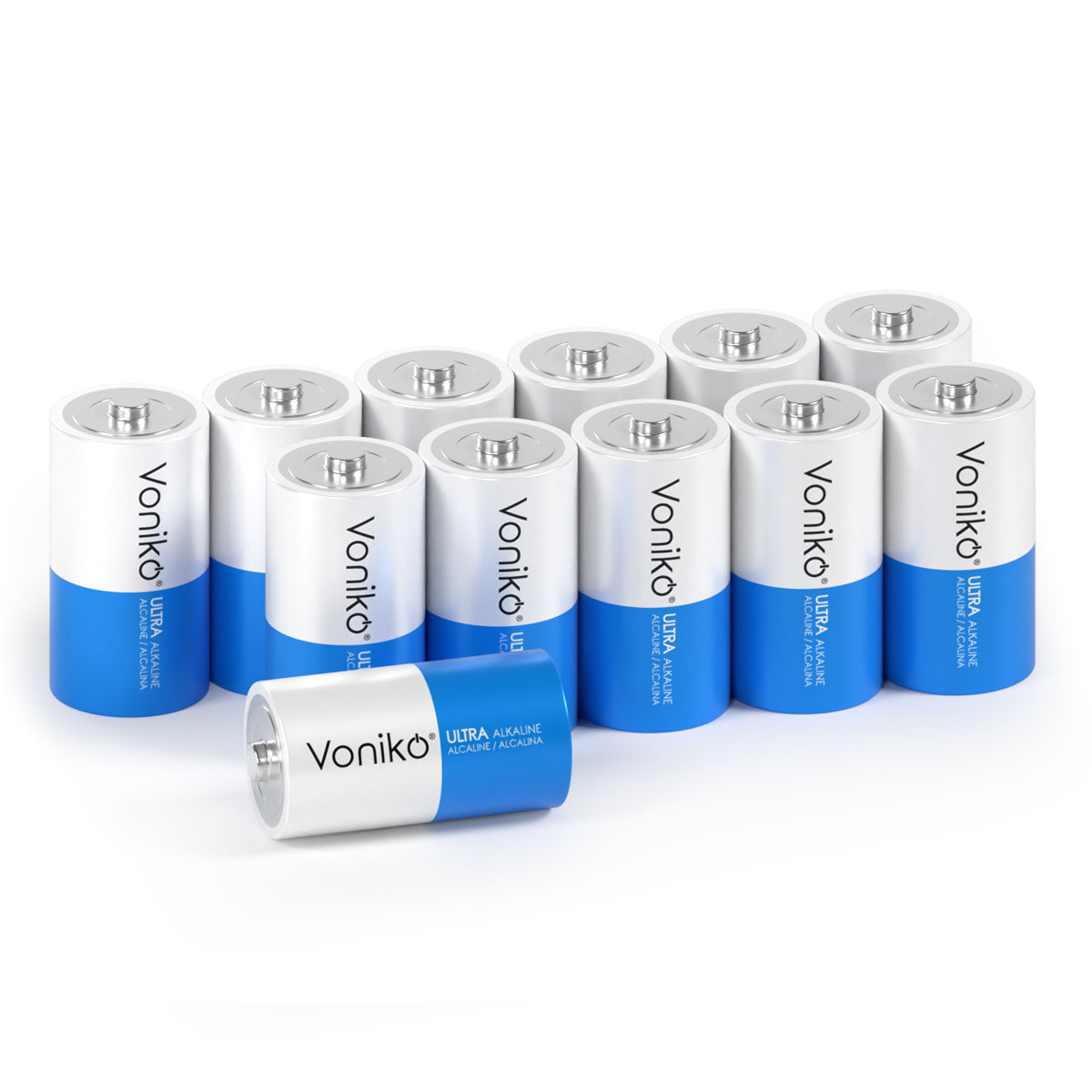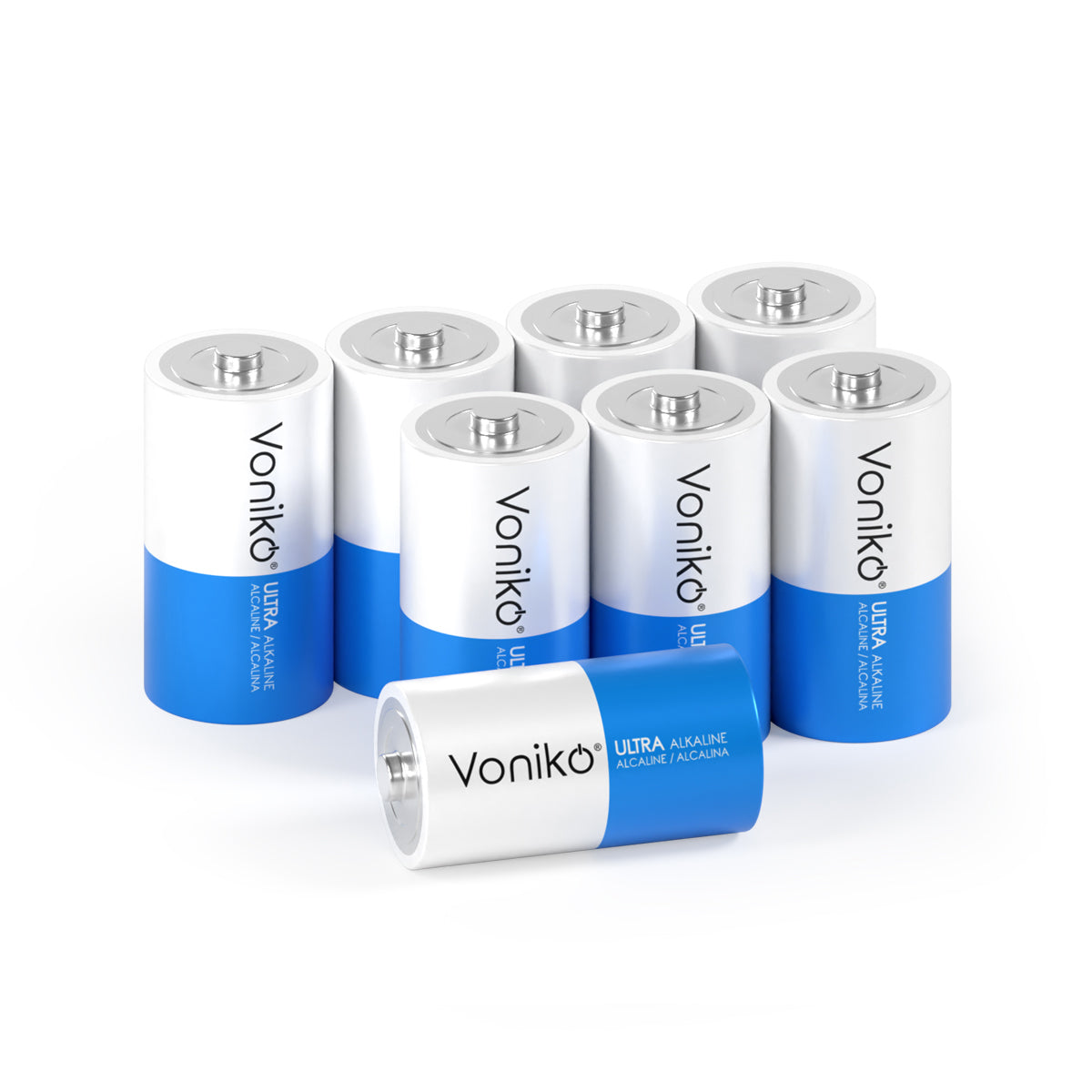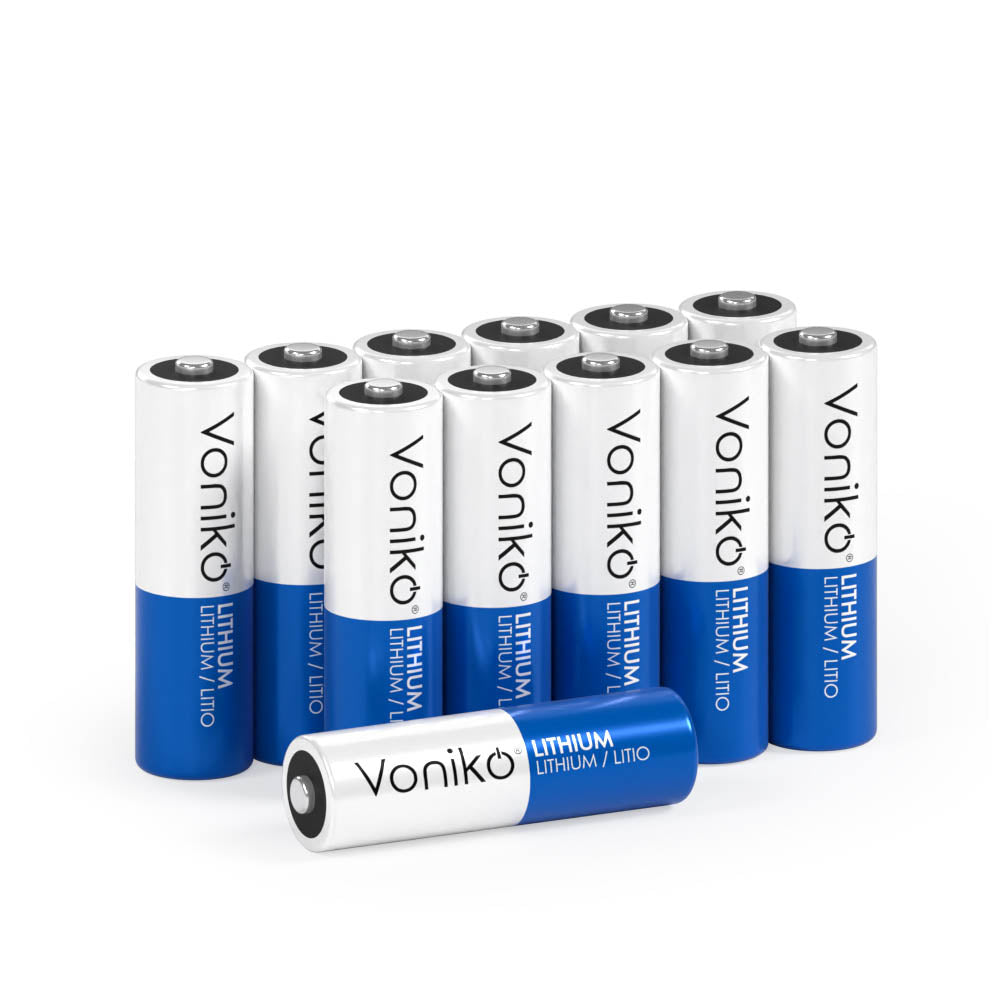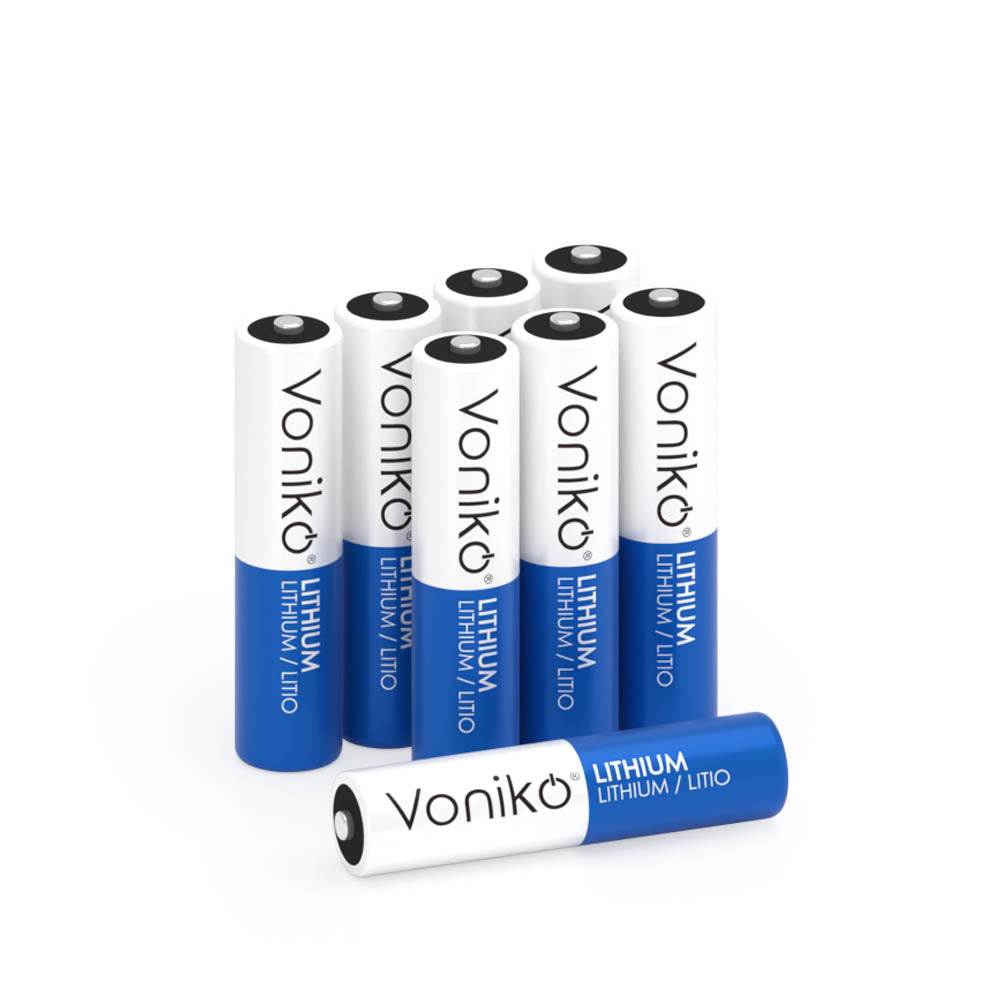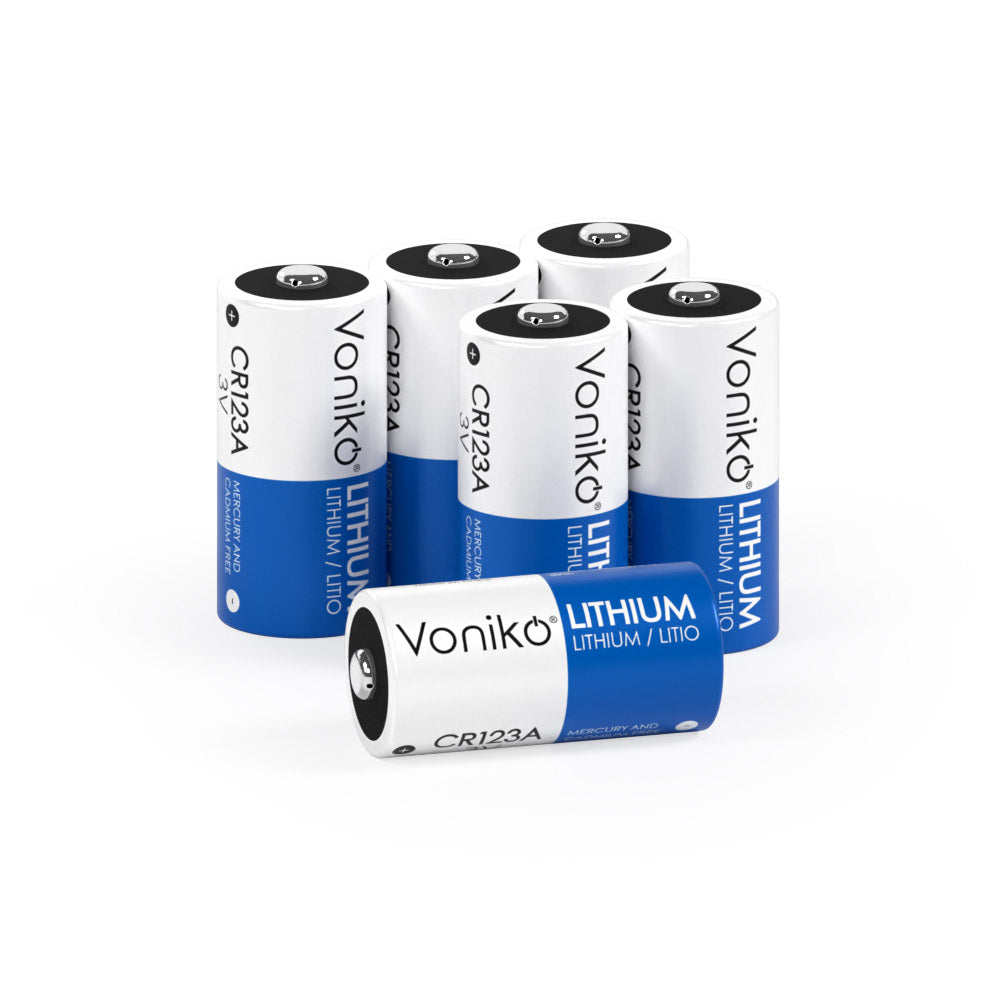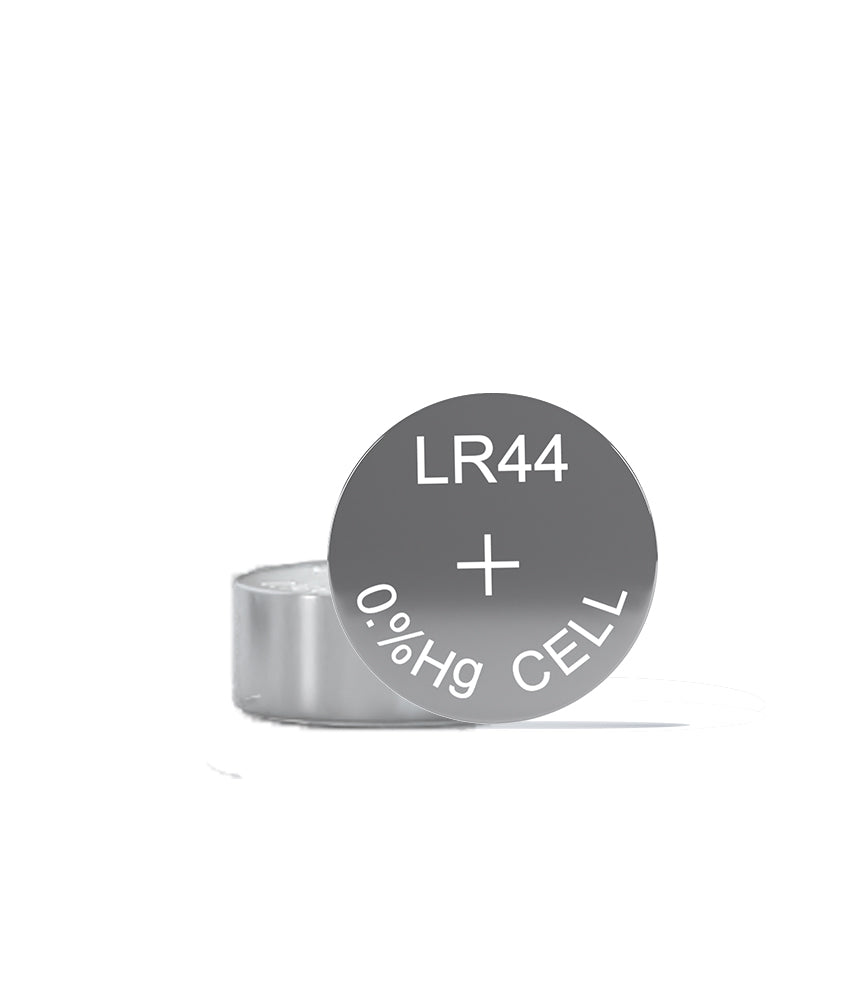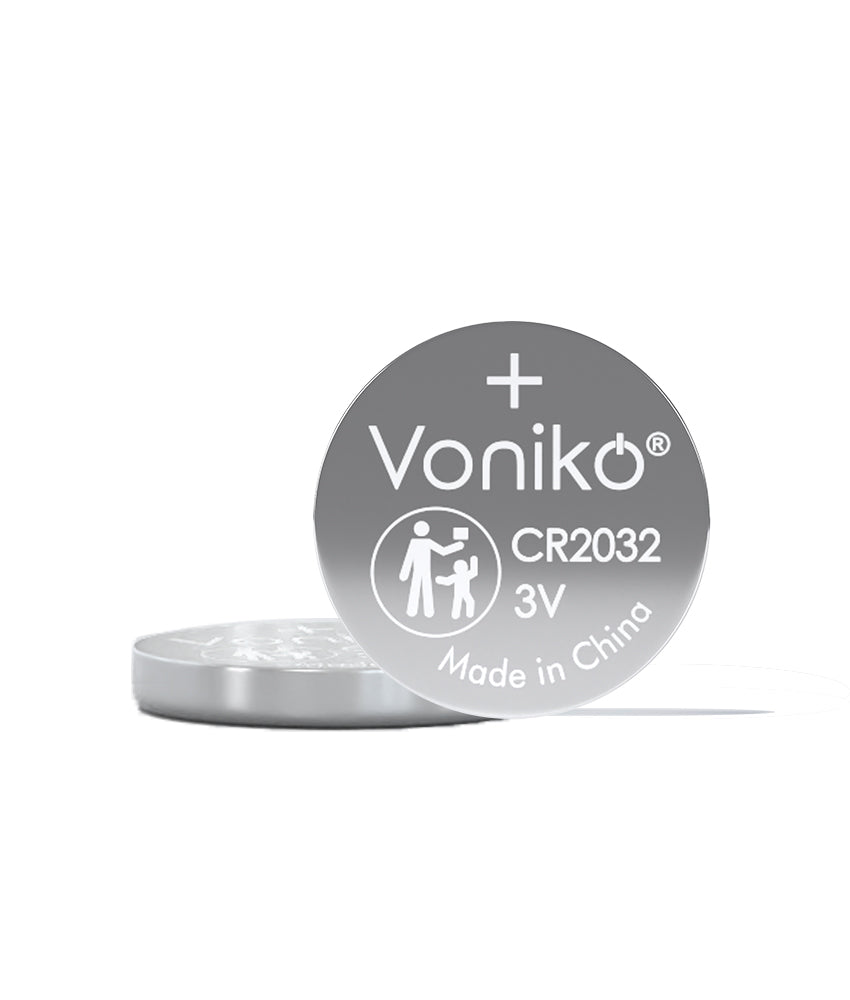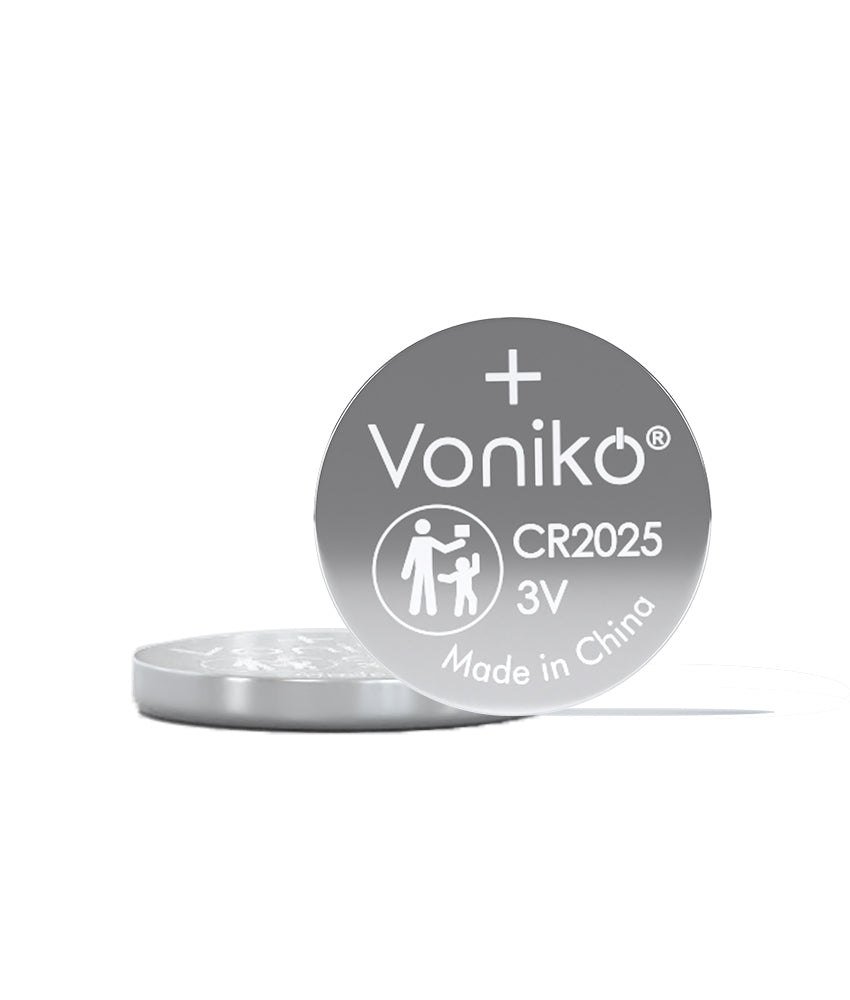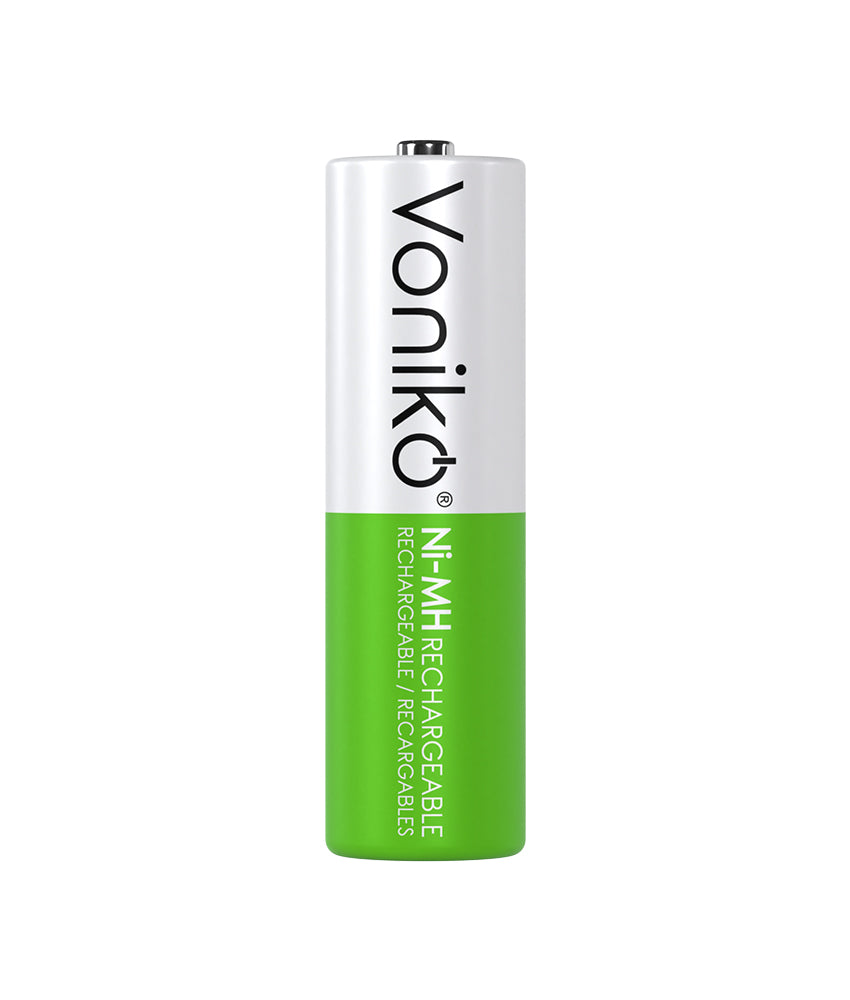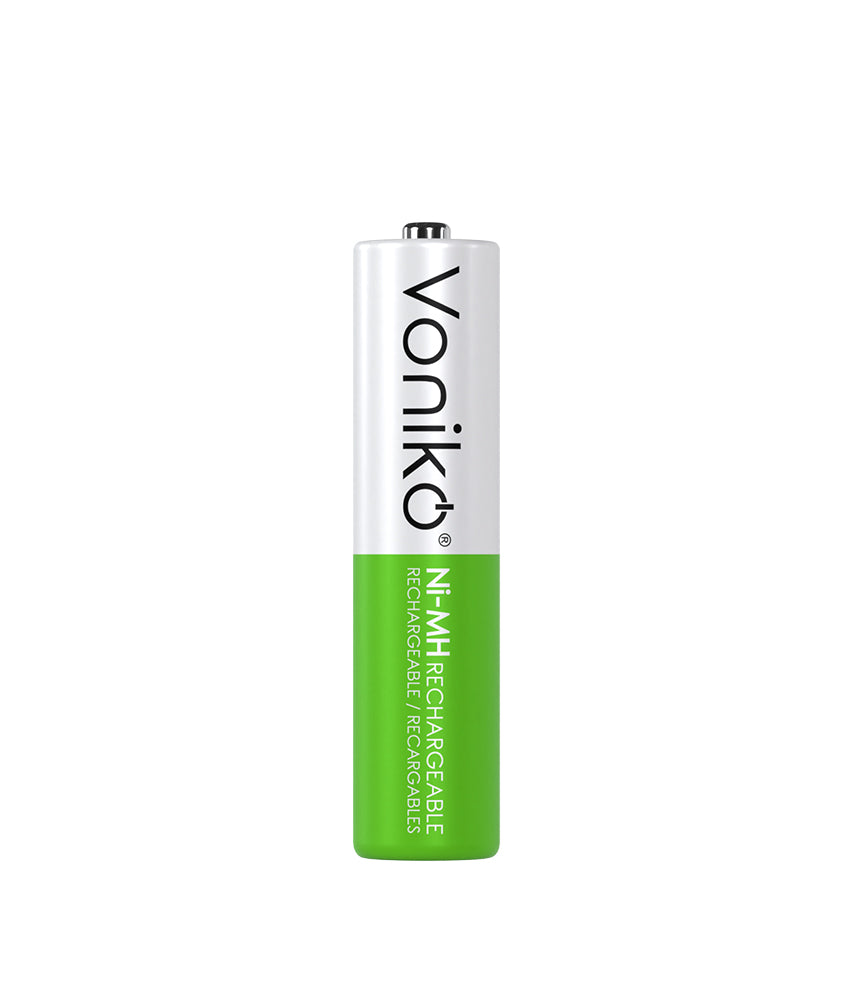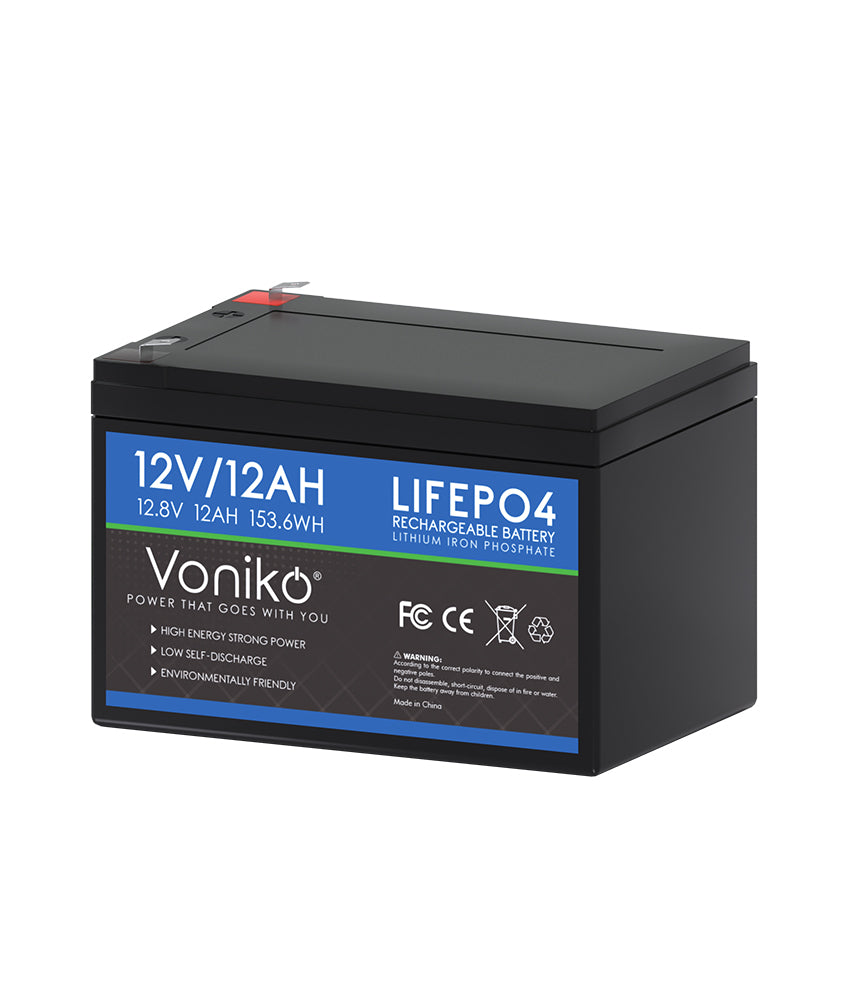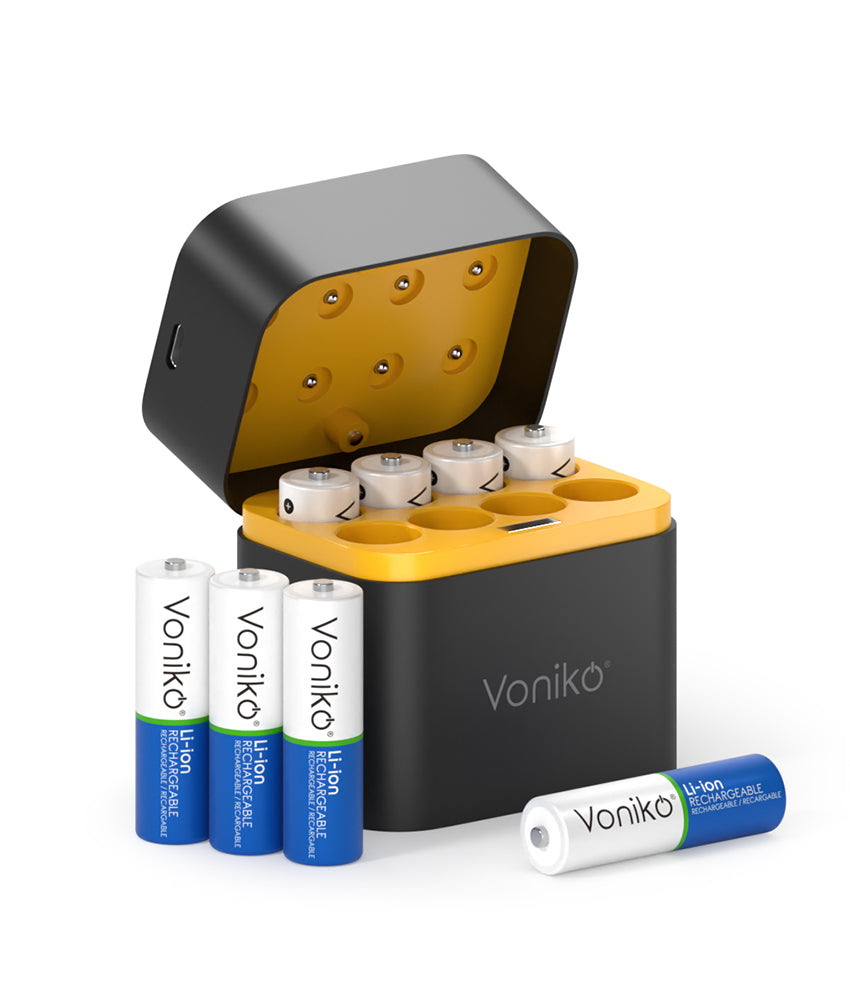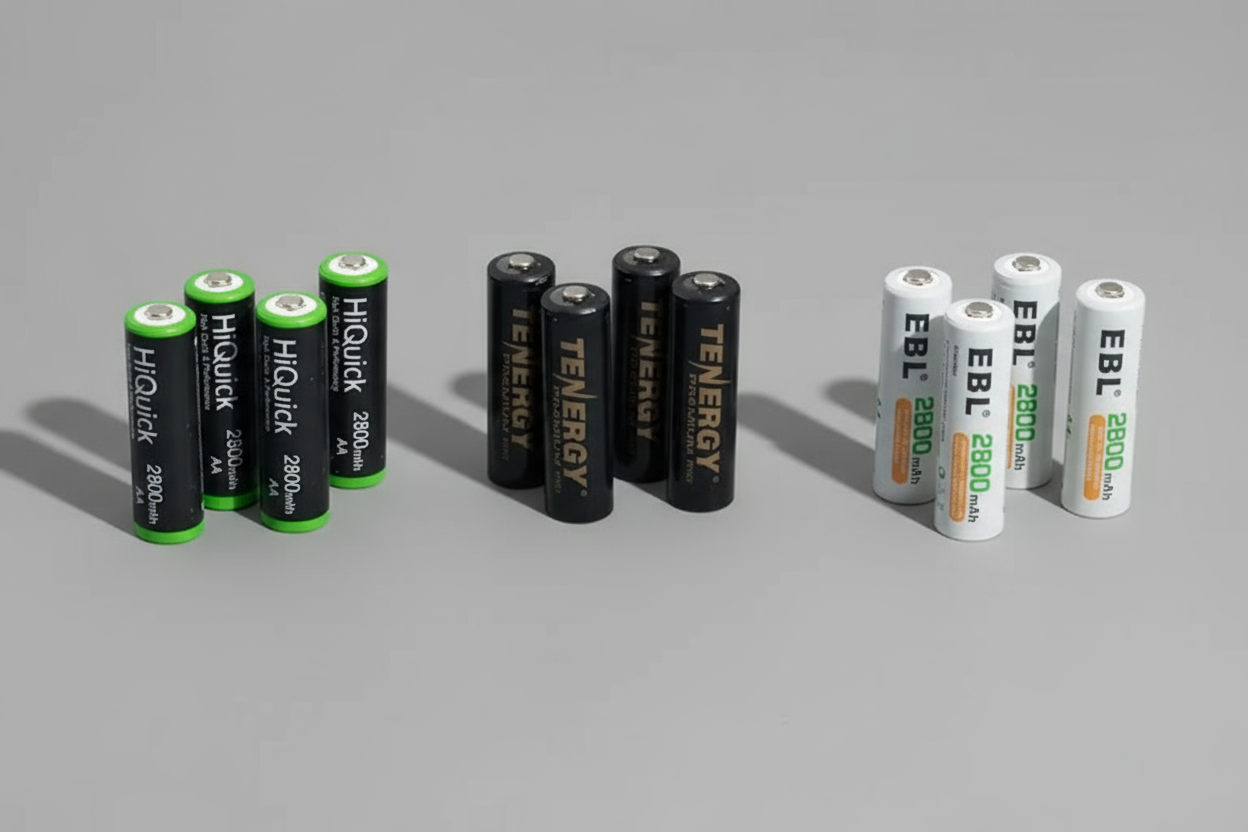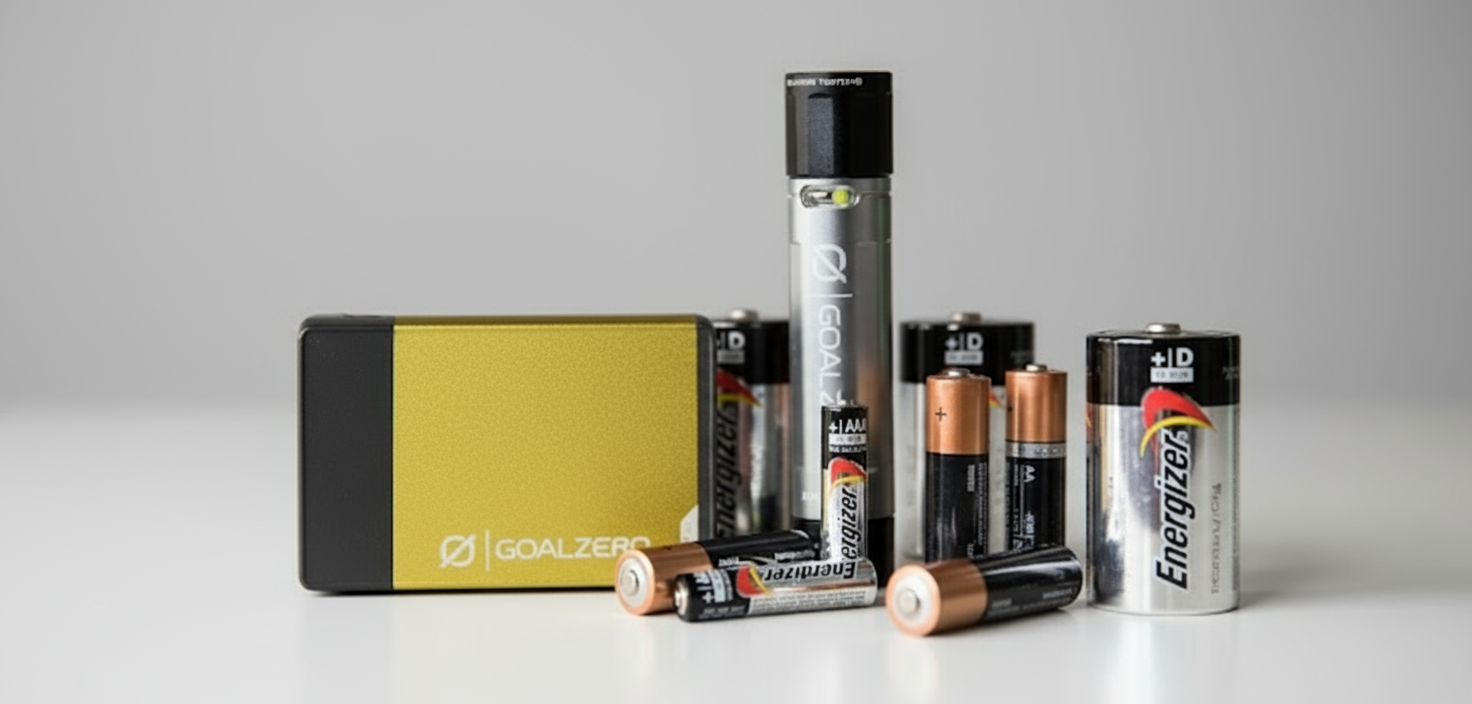Choosing the right battery for your gadgets can feel like a puzzle, especially when you're standing in the store aisle staring at shelves filled with different options. If you've ever wondered about the real difference between carbon zinc battery vs alkaline, you're not alone. Both types power everyday devices, but they work differently, last different amounts of time, and suit different needs.
We're going to walk you through everything you need to know about these two battery types. From how they're made to which one saves you money in the long run, we'll help you figure out which battery makes the most sense for your remote controls, flashlights, toys, and other household items. At Voniko Batteries, we believe in helping you make smart choices about power solutions, so let's get into the details.
What Is a Carbon Zinc Battery?
Carbon zinc batteries, also known as dry cells or Leclanché cells, have been around since the 1860s and remain one of the most affordable battery options on the market. These batteries use a zinc anode (the negative terminal) and a manganese dioxide cathode (the positive terminal), with an electrolyte made of ammonium chloride or zinc chloride.

The construction is pretty straightforward. The zinc can itself acts as the negative electrode, which helps keep manufacturing costs low. Inside, there's a carbon rod surrounded by a paste of manganese dioxide and carbon black. This simple design is exactly why carbon zinc batteries cost less than other types.
These batteries work best in low-drain devices that don't need a lot of power all at once. Think TV remotes, wall clocks, and basic flashlights. They have a shelf life of around 18 months, which isn't bad if you're using them regularly in devices that don't demand much energy. The big downside? They're more likely to leak as they age, especially if you leave them in a device for too long. The zinc case gradually corrodes during discharge, which can eventually cause the battery to rupture and leak electrolyte. Nobody wants to open up their remote control and find a crusty, corroded mess inside.
What Is an Alkaline Battery?
Alkaline batteries represent a significant upgrade over carbon zinc technology. Introduced in the 1960s, these batteries use potassium hydroxide as their electrolyte instead of the acidic compounds found in carbon zinc batteries. This alkaline electrolyte is where the name comes from, and it's a game-changer for performance.
The internal structure includes a zinc powder anode and a manganese dioxide cathode, similar to carbon zinc, but the chemistry works more efficiently. Alkaline batteries deliver higher energy density, which means they pack more power into the same size package. In fact, alkaline batteries typically have 4-5 times the capacity of comparable carbon zinc batteries.
What really sets alkaline batteries apart is their ability to maintain consistent voltage over a longer period. They can handle both low-drain and high-drain devices, making them versatile for everything from remote controls to digital cameras, portable gaming consoles, and battery-powered toys. Their shelf life extends up to 3 years or more when stored properly, and they lose only about 2-3% of their charge per year sitting on the shelf.
Carbon Zinc Battery VS Alkaline: Key Differences
When comparing carbon zinc battery vs alkaline, several key factors set them apart. Let's break down the most meaningful differences that affect your wallet and your devices.

Electrolyte composition is the fundamental difference. Carbon zinc batteries use zinc chloride or ammonium chloride (acidic electrolytes), while alkaline batteries use potassium hydroxide (an alkaline electrolyte). This might sound technical, but it directly impacts how long the battery lasts and how much power it can deliver.
Energy density and capacity show a huge gap between the two types. Alkaline batteries store significantly more energy in the same physical size. A typical AA alkaline battery might deliver 1,000 to 2,800 mAh (milliamp hours), while a carbon zinc AA battery typically provides only 400 to 1,000 mAh. That means alkaline batteries can power your devices anywhere from two to eight times longer, depending on how you use them.
Shelf life also differs dramatically. Alkaline batteries maintain their charge for about 3 years in storage, while carbon zinc batteries start losing power after about 18 months. If you're buying batteries in bulk or stocking up for emergencies, alkaline batteries give you more peace of mind that they'll still work when you need them.
Leakage risk is another consideration. Carbon zinc batteries have about a 25% higher leakage rate after expiration compared to alkaline batteries. This happens because the zinc case itself serves as the anode and gets consumed during use, eventually becoming thin enough to rupture. Alkaline batteries have better internal construction with improved seals, making leaks less common.
Temperature performance varies between the two. Alkaline batteries work well in a range from -20 to 50 degrees Celsius, maintaining decent performance in both cold and heat. Carbon zinc batteries struggle in extreme temperatures, especially cold, where their power output drops significantly.
| Feature | Carbon Zinc Battery | Alkaline Battery |
|---|---|---|
| Electrolyte | Ammonium chloride or zinc chloride | Potassium hydroxide |
| Capacity (AA) | 400-1,000 mAh | 1,000-2,800 mAh |
| Shelf Life | ~18 months | ~3 years |
| Leakage Risk | Higher (25% more after expiration) | Lower |
| Temperature Range | Poor performance in extremes | -20°C to 50°C |
| Best For | Low-drain, intermittent use | Low to high-drain, continuous use |
| Cost | Lower initial cost | Moderate cost |
Which Battery Lasts Longer?
If you're wondering which battery actually gives you more bang for your buck in terms of runtime, alkaline wins hands down. In real-world testing, alkaline batteries typically last 4 to 8 times longer than carbon zinc batteries in the same device.
For continuous-use applications, the gap gets even wider. A digital camera or a kid's battery-powered toy will drain a carbon zinc battery in a fraction of the time it takes to drain an alkaline battery. Even in low-drain devices like clocks and remotes, alkaline batteries still outlast carbon zinc, though the difference is less dramatic.
Here's the thing though: carbon zinc batteries can actually perform decently in intermittent-use situations. If you're powering a TV remote that only gets used for a few minutes each day, a carbon zinc battery might last several months. The battery gets rest periods between uses, which helps it recover somewhat. But if you put that same carbon zinc battery in a wireless computer mouse that's in constant use, you'll be replacing it way more often.
Which Is Better for Low-Drain Devices?
For devices that sip power slowly over time, both battery types can work, but they each have advantages. Low-drain devices include wall clocks, TV remotes, smoke detectors, and basic LED flashlights.

Carbon zinc batteries are the budget champion for these applications. If you're buying batteries for multiple devices and price matters, carbon zinc can make sense. A wall clock running on a carbon zinc battery might work fine for 6-12 months, and since the battery costs significantly less, you're saving money upfront.
That said, alkaline batteries often provide better value even for low-drain devices when you consider the total cost of ownership. Sure, they cost more initially, but they last so much longer that you're actually replacing them less frequently. Plus, the lower leakage risk means you're less likely to damage your devices. If you want to learn more about proper disposal and recycling when those batteries finally die, check out this complete guide on how to recycle alkaline batteries.
Which Is Better for High-Drain Devices?
When it comes to high-drain devices, there's no contest: alkaline batteries are the clear winner. High-drain devices include digital cameras, portable gaming systems, battery-powered toys with motors, flashlights with bright LED bulbs, and wireless game controllers.
Carbon zinc batteries simply can't deliver the consistent, high current that these devices need. They'll work for a short time, but the voltage drops quickly under heavy load, and the device will start performing poorly or shut off even though the battery isn't completely dead. This is frustrating and wasteful.
Alkaline batteries maintain stable voltage output even when powering hungry devices. They can handle the quick bursts of power needed for a camera flash or the continuous drain of a motorized toy without breaking a sweat. The higher energy density means you get way more photos, more playtime, or more hours of use before needing to swap in fresh batteries.
Cost Comparison: Which Battery Saves You Money?
At first glance, carbon zinc batteries look like the money-saving option. They typically cost 30-50% less than alkaline batteries when you're standing at the checkout. But let's do some real math.

If a carbon zinc AA battery costs $0.50 and lasts 100 hours in your remote control, that's $0.005 per hour. If an alkaline AA battery costs $1.00 but lasts 500 hours in the same remote, that's $0.002 per hour. The alkaline battery actually costs less per hour of use, even though it costs more upfront.
The cost advantage of alkaline becomes even clearer for high-drain devices. In a digital camera, a carbon zinc battery might give you 20 photos while an alkaline battery delivers 200 photos. The alkaline battery could cost twice as much but deliver ten times the performance, making it five times more cost-effective.
Here's where carbon zinc makes financial sense: if you're buying batteries for one-time events or very occasional use, and you need to power multiple low-drain devices all at once. Think about buying toys for kids during the holidays that might only be used for a few days, or powering decorations for a single event. In those specific situations, the lower upfront cost of carbon zinc can work in your favor.
Environmental Impact and Safety
Both battery types have environmental considerations, but they're not created equal. Modern alkaline batteries are manufactured without mercury, cadmium, or lead, making them safer and less harmful to the environment. Carbon zinc batteries traditionally contained more heavy metals, though many manufacturers have reduced or eliminated these in recent years.
Leakage is an environmental and safety concern. When batteries leak, the corrosive electrolyte can damage devices and potentially harm skin or surfaces. Carbon zinc batteries leak more frequently, especially after expiration, which creates more waste and potential hazards. Alkaline batteries from quality manufacturers like Voniko feature improved sealing and double-barrier protection to minimize leakage risk.
Disposal is another factor. Neither battery type should just be tossed in the regular trash in many jurisdictions. Alkaline batteries can often be disposed of more easily since they contain fewer hazardous materials, but it's always best to check local recycling programs. Carbon zinc batteries may require special handling depending on their composition and local regulations.
Best Uses for Carbon Zinc Batteries
Despite their limitations, carbon zinc batteries still have their place. They excel in specific situations where their strengths align with your needs.
Low-drain, intermittent-use devices are perfect for carbon zinc. This includes traditional wall clocks, basic TV remotes, emergency flashlights that rarely get used, and simple smoke detectors (though many experts now recommend alkaline for smoke detectors due to reliability concerns).

Cost-sensitive bulk purchases make sense with carbon zinc. If you're setting up a classroom with 20 battery-powered calculators or buying batteries for a large event with multiple decorations, carbon zinc batteries can significantly reduce upfront costs.
Backup or emergency supplies might include carbon zinc if you're on a tight budget, though alkaline would be better due to longer shelf life. If you're putting together emergency kits and cost is the primary concern, carbon zinc batteries are better than no batteries at all.
Best Uses for Alkaline Batteries
Alkaline batteries are the workhorse for most modern battery-powered devices. Their versatility and performance make them the go-to choice for the majority of applications.
High-drain devices absolutely need alkaline. This includes digital cameras, handheld gaming systems, battery-powered toys with lights and sounds, bright LED flashlights, and wireless computer mice and keyboards that see heavy use.
Long-term reliability devices benefit from alkaline's extended shelf life and lower leakage risk. Smoke detectors, carbon monoxide detectors, emergency radios, and flashlights that you keep in your car or emergency kit should all use alkaline batteries.
Temperature-extreme applications call for alkaline batteries. If you're using batteries in outdoor equipment, garage door openers, or devices that might be exposed to cold or heat, alkaline batteries will perform more consistently.
Everyday household items just work better with alkaline. From remote controls to wireless doorbells to bathroom scales, alkaline batteries provide the reliability and longevity that make them worth the modest extra cost.
Can You Mix Carbon Zinc and Alkaline Batteries?
Never mix carbon zinc and alkaline batteries in the same device. This is one of those battery rules you should never break. Here's why it's a terrible idea.
The two battery types have different energy densities and discharge characteristics. When you mix them, the weaker carbon zinc battery will drain much faster than the alkaline battery. Once the carbon zinc battery is depleted, it can actually start to reverse-charge, which dramatically increases the risk of leakage or even rupture.
Mixing battery types also causes the stronger battery to try to drive current through the depleted battery, creating additional heat and stress. Studies have shown that mixed batteries have about a 68% higher leakage risk compared to using matched batteries. That leaked battery acid can destroy your device permanently, turning what seemed like a money-saving shortcut into an expensive mistake.
Always use batteries of the same type, same brand, and ideally from the same package in any device. Replace all batteries in a device at the same time rather than mixing old and new ones.
FAQs
Are carbon zinc batteries better than alkaline batteries for any devices?
Carbon zinc batteries work better for your wallet in low-drain, intermittent-use devices where they'll be replaced frequently anyway due to their lower upfront cost, but alkaline batteries almost always provide better overall value and performance.
Can carbon zinc batteries be recharged like alkaline batteries?
No, carbon zinc batteries are not rechargeable and attempting to recharge them is dangerous and can cause them to explode or leak. They're designed as single-use primary batteries only.
Why do carbon zinc batteries leak more than alkaline batteries?
Carbon zinc batteries leak more because their zinc case acts as the anode and gets consumed during use, eventually becoming thin enough to rupture. Alkaline batteries have better internal construction with improved seals and more stable chemistry.
How long do alkaline batteries last compared to carbon zinc in a remote control?
In a typical TV remote control, alkaline batteries can last 4-8 times longer than carbon zinc batteries, often providing 1-2 years of service compared to just a few months for carbon zinc.
Do alkaline batteries really save money over carbon zinc in the long run?
Yes, alkaline batteries typically cost less per hour of use despite their higher upfront price, because they last significantly longer and have lower failure rates from leakage that can damage your devices.

